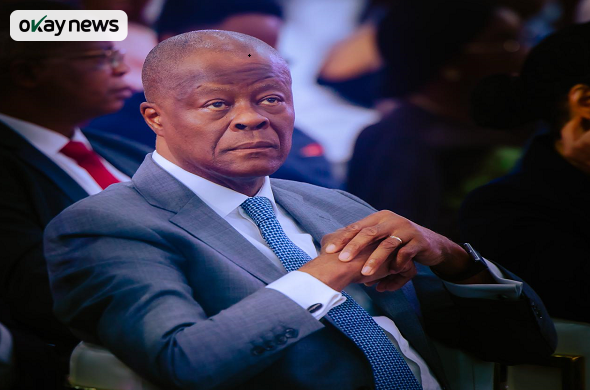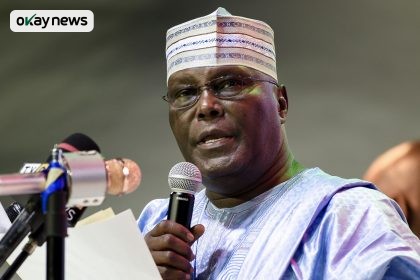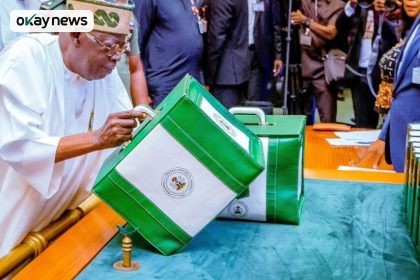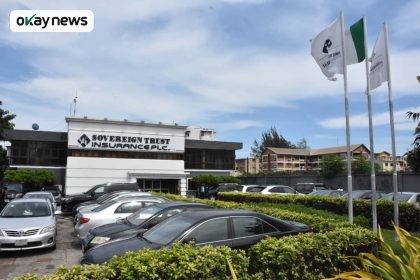The Federal Government has announced plans to launch a new phase of economic reforms that will include a comprehensive review of Nigeria’s fiscal and monetary policies, particularly tariffs and import restrictions.
Minister of Finance and Coordinating Minister of the Economy, Wale Edun, disclosed this while briefing the Federal Executive Council in Abuja on Tuesday. He said the next phase of President Bola Tinubu’s economic reforms would target barriers to investment, optimize national assets, and boost productivity across strategic sectors.
Edun noted that following a 4.23 per cent GDP growth in the second quarter of 2025, a steady decline in inflation, a stable naira, and rising foreign reserves, the government is now positioned to accelerate growth to seven per cent annually by 2027.
He explained that upcoming reforms will include tariff and import policy reviews, improved fiscal reporting, stricter expenditure controls, and a reassessment of both federal and federation balance sheets to promote inclusive and sustainable growth.
“The next phase of reforms will remove barriers holding back investors. We will review tariffs and import restrictions to stimulate productivity and investment,” Edun said.
He added that ministries responsible for infrastructure, mining, education, health, agriculture, blue economy, digital innovation, and culture must collaborate with state governments to develop investment-ready projects that can attract both local and foreign capital.
The minister maintained that achieving a $1 trillion economy by 2030 remains feasible through consistent annual growth and policies aimed at eradicating poverty.
Highlighting Nigeria’s progress, Edun reported that the industrial sector nearly doubled its growth from 3.72 per cent to 7.45 per cent, while inflation eased to 18.02 per cent in September 2025. He said foreign reserves had surpassed $43 billion, and the nation recorded a N7.4 trillion trade surplus.
He added that the recent $2.35 billion Eurobond issuance, which was oversubscribed by more than $13 billion, reflects strong international confidence in Nigeria’s economic direction and President Tinubu’s leadership.
Edun also cited Nigeria’s removal from the Financial Action Task Force grey list and the IMF’s upgraded growth forecast as signs of international recognition for the administration’s reform efforts.
He stressed the need for fiscal discipline, saying: “Every naira must be optimised to sustain momentum. With reduced global funding, we must rely on our own resources.”







